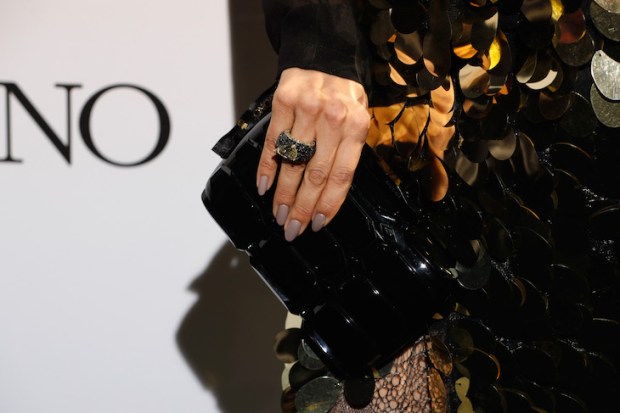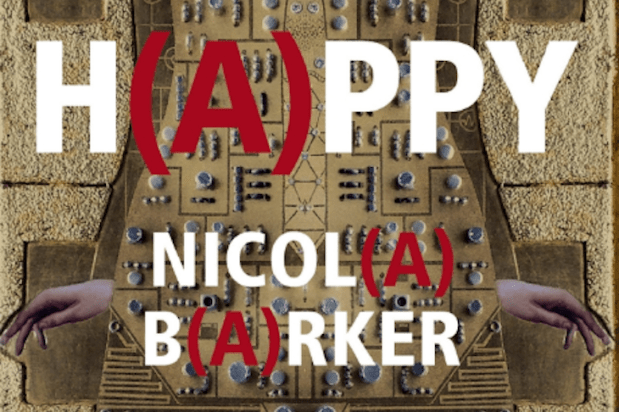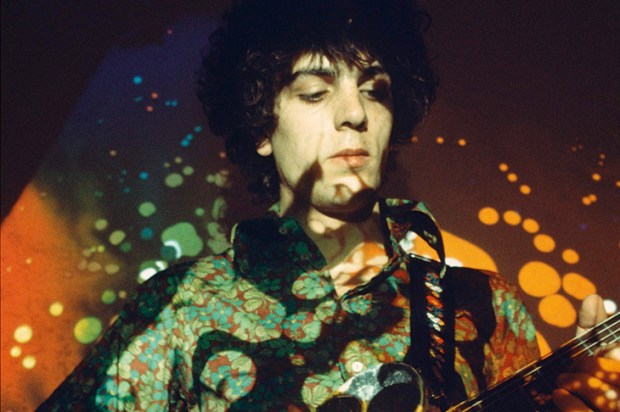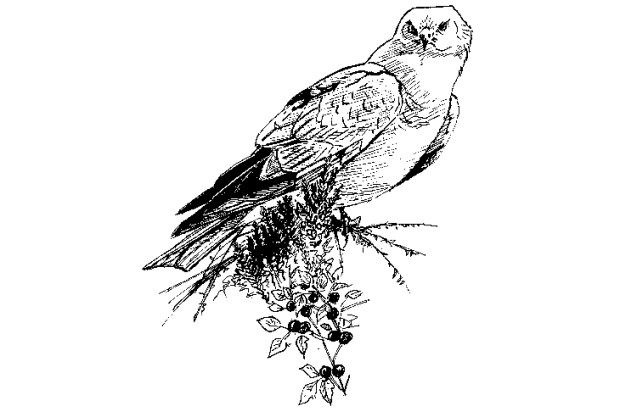Remember Douglas Coupland? Remember Tama Janowitz? Remember Lisa St Aubin de Terán? Banana Yoshimoto? Françoise Sagan? The voice of your generation? (If you’ve forgotten the voice of your generation, the brilliant Christopher Fowler’s forthcoming The Book of Forgotten Authors will provide you with the necessary reminder. The voice of my generation, as far as I’m able to recall, was a poet called Attila the Stockbroker, who we used to go and see perform in Harlow, and who did an excellent Peel session.
Already a subscriber? Log in
Subscribe for just $2 a week
Try a month of The Spectator Australia absolutely free and without commitment. Not only that but – if you choose to continue – you’ll pay just $2 a week for your first year.
- Unlimited access to spectator.com.au and app
- The weekly edition on the Spectator Australia app
- Spectator podcasts and newsletters
- Full access to spectator.co.uk
Unlock this article
You might disagree with half of it, but you’ll enjoy reading all of it. Try your first month for free, then just $2 a week for the remainder of your first year.














Comments
Don't miss out
Join the conversation with other Spectator Australia readers. Subscribe to leave a comment.
SUBSCRIBEAlready a subscriber? Log in